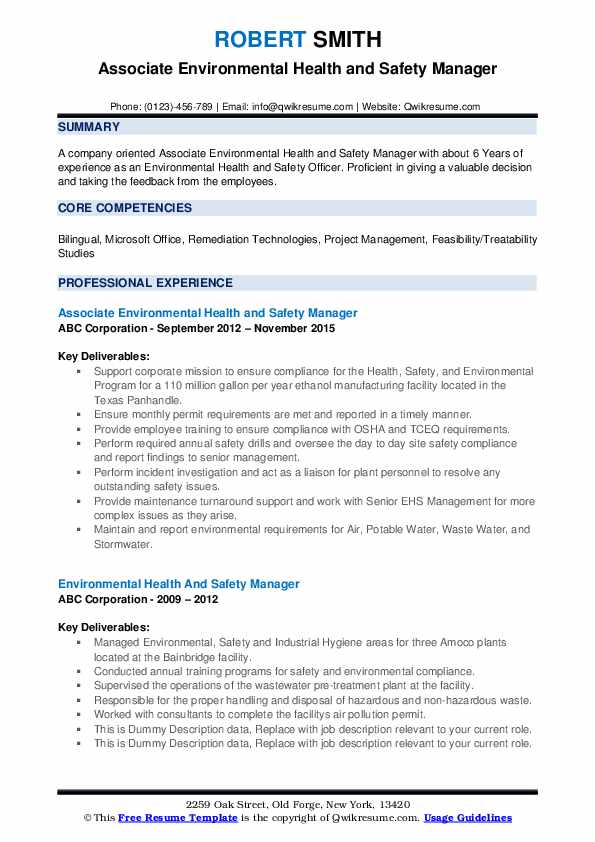
CSA
The Society of Certified Senior Advisors (CSA), an organization that certifies professionals working with older adults, is accredited. The organization offers a certificate program in Working with Older Adults and the Certified Senior Advisor (CSA)(r) credential. Both certificates are recognized as the highest standard of expertise in senior care.
CSAs have a broad range of skills and can assist seniors with a variety issues and concerns. Their certification allows them the opportunity to use their skills and knowledge in their work and make their clients more valuable. They can make helpful recommendations to seniors as well as clients.
CSFP
A Certified Seniors Financial Planner (CSFP), or a financial advisor who has completed additional education, is a certified seniors financial planner. It is a good idea for potential advisors to be checked on their credentials before they are hired. Many financial advisors are not regulated, and it is possible that they may be a fraud. It is crucial to be aware of the differences between a CSA (CFP) and a CSA.

The American College offers The Chartered Advisors for Senior Living (CASL). This certification recognizes the commitment of financial advisors to meeting the needs of senior clients. Advisors must be able to work with senior clients for at minimum three years and must adhere to The American College’s Code of Ethics. To keep their certifications current, CASL holders must take part in the Professional Recertification program. They must pass an exam on topics such long-term care planning and pension distributions.
Placement specialists in assisted living
Assistive living placement specialists are individuals who assist seniors and their families in selecting an assisted living community. These individuals are often employed by an advisor company with an extensive network of senior living communities. They have a thorough knowledge of the intricacies of eldercare and senior living, and they have the expertise to guide families through the process and ensure that their loved one gets the best possible care.
It can be hard to navigate the process of selecting senior living. A certified senior advisor can help you. They can help you choose the best option for your loved one, and can even help you downsize. This advisor will not push for sales and will always work in the best interest of the client.
Financial advisor
It is crucial that you choose the right person for your financial advisor. You want someone with impressive titles. A designation like "senior specialist" can be convincing, but you also need to research their credentials. It can be difficult for seniors to manage their investment portfolios. This is why it's so important to find professionals with the right training.

The American College confers the Chartered advisor in Senior Living (CASL), which is a symbol of a financial planner's dedication to helping clients age with dignity. Advisors must be able to work with seniors and adhere to The American College’s Code of Ethics in order to receive this designation. The designation is no more available to new students. Those who already have the designation must continue to hold it. CASL certification requires financial advisors to pass an exam on topics such as social security and pensions, retirement planning, estate planning, and long-term care.
FAQ
What happens when the consultant finishes the job?
After the consultant completes the work, s/he will submit a final report detailing the results of their work. This report includes the deliverables and project timelines.
Next, you will review the report and determine if the consultant has met your expectations. You can request modifications or terminate your contract if the report is not satisfactory.
Why would a company hire consultants?
A consultant offers expert advice on improving your business performance. Consultants are not there to help you sell products.
Consulting helps companies make better decisions. They provide sound analysis and offer suggestions for improvement.
Senior management teams often have consultants working closely with them to help them understand their needs.
They also provide leadership training and coaching to ensure employees develop the skills necessary to perform at peak levels.
They can help businesses reduce costs, streamline processes, and increase efficiency.
What kind of contracts can consultants sign?
When they are hired, most consultants sign standard employment contracts. These agreements detail the length of the consultant's contract with the client, the amount he/she is paid, and other important details.
Contracts will also outline the areas of expertise and compensation for the consultant. The agreement might state that the consultant will conduct training sessions, workshops or webinars.
Sometimes, the consultant just agrees to complete certain tasks within a defined timeframe.
Consultants often sign independent contractor contracts in addition to their standard employment agreements. These agreements allow the consultant to work independently but still receive payment for his/her efforts.
How can I become a successful consultant
Finding a passion area is the first step. You must then build relationships. Understanding your clients' needs and operating style is essential. Finally, you must deliver results.
Although you don't have the ability to do everything perfectly, you must be better than anyone else. It is important to be passionate about what you do. It is not enough to simply say, "I want to become a consultant." You must really believe in yourself and what you're doing.
What is a consultant and what are their responsibilities?
A consultant is someone who offers services to others. It's not a job title. A consultant is a role that helps others achieve their goals. By helping people understand their options and helping to make the right decisions, you do this.
Consultants have the ability to solve any problems or challenges that may arise from projects. They provide advice and guidance about how to implement those solutions.
Any questions you have about business, technology and finance, leadership or strategy, human resource management, customer service, customer service, or any other topic, a consultant can answer them.
What skills are required for consulting?
As a consultant, you should have both strong interpersonal skills and analytical skills. This is because you could be asked questions or not know what you are doing. You need to be able to manage people quickly and solve problems efficiently.
Also, you must have great communication skills. Most clients expect an answer within 24 hours. If they don’t hear back, they assume that you aren’t interested. It is vital to inform them and make sure that they are fully informed.
Statistics
- Over 62% of consultants were dissatisfied with their former jobs before starting their consulting business. (consultingsuccess.com)
- According to statistics from the ONS, the UK has around 300,000 consultants, of which around 63,000 professionals work as management consultants. (consultancy.uk)
- So, if you help your clients increase their sales by 33%, then use a word like “revolution” instead of “increase.” (consultingsuccess.com)
- "From there, I told them my rates were going up 25%, this is the new hourly rate, and every single one of them said 'done, fine.' (nerdwallet.com)
- WHY choose me: Why your ideal client should choose you (ex: 10 years of experience and 6-week program has helped over 20 clients boost their sales by an average of 33% in 6 months). (consultingsuccess.com)
External Links
How To
What is a typical day for a consultant?
Depending on what type of work you do, your typical day may vary. However, the majority of your day will consist of research and planning, meeting clients and preparing reports.
You'll often have meetings with clients where you can discuss issues and solve problems. These meetings can be held over the telephone, online or face-to face.
The proposal is a document that outlines your ideas and plans to clients. These proposals will be presented to clients by you and a mentor.
After all the preparation and planning, it's time to actually create some content. For example, you could be writing articles, designing websites, creating videos, editing photos, or conducting interviews.
You may need to conduct research depending on the scope of your project to find relevant statistics and figures. This could include finding out how many customers your company has and whether they purchase more than one product.
Once you have all the information needed, it is time for clients to see your findings. You may give your findings orally or in written form.
After your initial consultation with clients, you need to keep in touch. For example, you could call your clients periodically to check how things are going. Or send them emails asking them to confirm they have received the proposal.
Although this process can take time, it is important to stay focused and build good relationships with your clients.